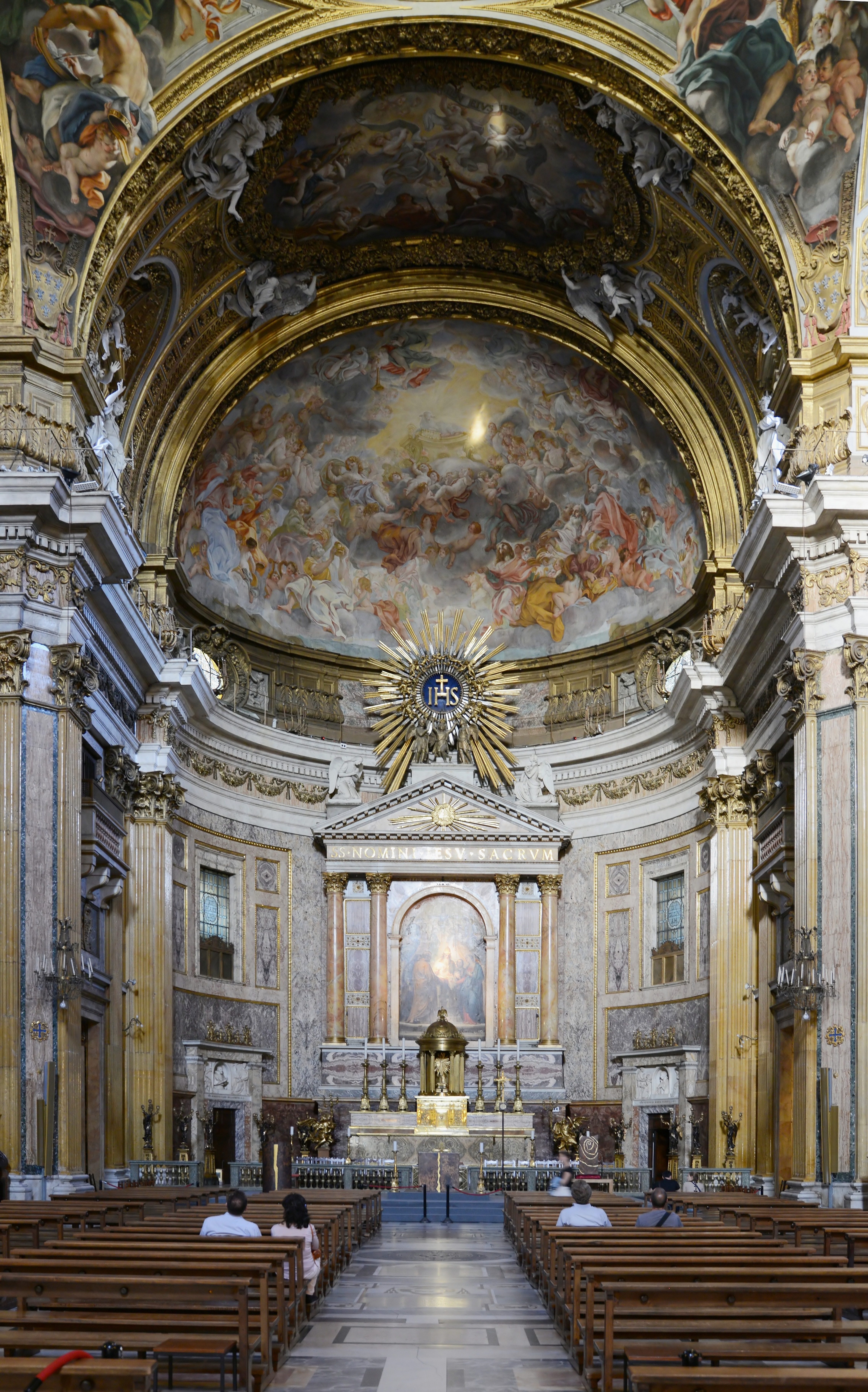
St. Ignatius and writing: remembering answered prayers
Last Monday, July 31st, was the feast day of St. Ignatius. Best known as the founder of the Jesuits, Ignatius of Loyola was a soldier who came to his faith while recovering from wounds he received in battle. Bored, Ignatius resorted to reading the stories of saints because he ran out of the adventure-thriller fiction he preferred.
That’s probably why I associate St. Ignatius and writing. And then elected him chairman of my fiction “committee.” After all, the direction came through him. But first, a little background.
A lot of us think of saints as being something more than human- as people with only lofty, noble and Godly desires; we believe this for many reasons, I suspect. But the primary reason we do it is to distance ourselves from this man or woman called a saint.
“These people were not like us; these were holy people…risking life and reputation for God.”
“We’re only human, after all…how can we aspire to sainthood? “
But then again, aren’t we missing the whole point?
Ignatius of Loyola does not lend himself to this superhuman category quite so easily:
Consider this young man, a soldier of fortune, exceedingly vain and a lover of all of the fruits of battle, like women. But who during a lengthy time of enforced immobility from battle wounds, runs out of the fiction he loves to read–war stories. And turned to stories about saints because there was nothing else to read. And yet the reformed sinner experienced and then taught a primary step to holiness: detachment. A virtue that I beg for.
Because I didn’t understand what Ignatius was getting at. In my lexicon, detachment and indifference meant uncaring, coldness, and hardness of heart. St. Ignatius spent almost a year in a cave practicing Agere Contra. Ignatius fought against his disordered love of fashion, self-love by eschewing all that had defined him in order to get free of lust, vanity, all that was not God. Listening to Bishop Barron’s excellent homily on the young Ignatius’s so very human flaws, is inspiring.
Detachment: Essential tool for sanity
I ‘met’ Ignatius of Loyola about twelve years ago.
John and I were in Rome, and had visited the Vatican several times. But it was the Chiesa di Sant Ignazio that beckoned me. St Peter’s was stunning to be sure; the Sistine Chapel, indescribable. But it was at the Church of St. Ignatius of Loyola where I wanted to worship, over and over again. It was there that I wanted to participate in the Mass.
And it was here that I began to think of this long dead man, this soldier who had come to Christ in a way I could get. Seemingly by accident– for the lack, if you will, of anything better to do. St. Ignatius could work as a source of direction for me, I believed.
Although it felt decidedly strange
I knelt before the coffin-shaped wooded box where St. Ignatius’ remains are housed–it’s outline can be seen at the bottom of the image below. And I asked, more accurately, begged for his help- St Ignatius and writing because my work plans had fallen through.
Somewhere around three that next morning, I awakened with the title, overall plot and names of the characters for the first Lindsey McCall mystery.
I’d intended to remain in the safe and comfortable world of nonfiction where I’d spent a few decades, working for the Church or an affiliate. The idea of writing the novel I’d dreamed of as a kid had been left behind. St. Ignatius and Writing: Remembering Answered Prayers
Or so I thought.
Since that first novel taught me the patience, persistence and trust implicit in writing faith-based fiction. I decided to do a sequel. And knew I needed a committee-like my dissertation committee, but this time, far more carefully selected.
St. Ignatius chairs my committee of five: St. Francis, St.Teresa of Avila, St. Thomas More, St. Teresa Benedicta, (Edith Stein) and St. John Paul. I’m certain that one, or maybe all, of these saints guide the writing. And I’ve no doubt that stories that literally showed up in my head, like I, Claudia and My Name is Saul, emanated from them.
I believe in the community of saints... we claim this belief each time we recite the Apostle’s or the Nicene Creed. The community of saints feels itchy when we decide to act on our belief—to take the risk of asking for intercession…to make the invitation to a person or people whom we are told await our invitation. And when we receive a response…what then?




